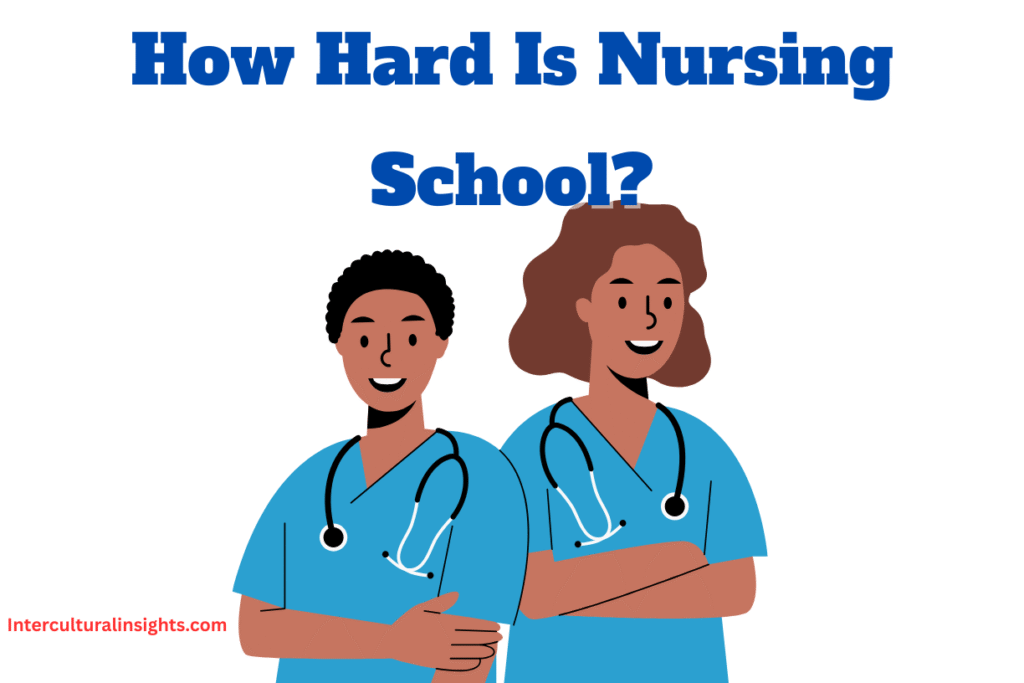Last Updated on March 9, 2025 by II Editor
Caregiving is one of the most rewarding yet challenging occupations. It requires patience, compassion, and technical skills to help vulnerable seniors and patients. Online training programs have made it more accessible for individuals to gain certifications and enhance their caregiving knowledge from the comfort of their own homes. In this article, we will explore 10 of the best free online caregiver courses with certification opportunities for 2025 to help you start or advance your career in aged care. Read on to identify suitable courses matching your interests and experience level.
1. Understanding Dementia
Dementia is one of the major health issues affecting millions worldwide. Providing thoughtful care to people with dementia requires understanding how their memory and cognition are impacted. “Understanding Dementia” by edX is a beginner-friendly MOOC (massive open online course) that introduces common types of dementia like Alzheimer’s disease. Over 6 weeks, you will learn communication strategies, behaviour interpretation, and ethics in caring for dementia patients through video lectures and interactive quizzes. Upon completion, you receive a certificate of completion from edX. This free course is ideal for family caregivers or those new to aged care seeking basic dementia education.
2. Mental Health & Resiliency in Aged Care Facilities
Working in aged care can be mentally and emotionally taxing due to the vulnerable conditions of residents. Not taking care of one’s own well-being may negatively impact care quality over time. “Mental Health & Resiliency” by MindEdge aims to equip caregivers with strategies to avoid burnout. Across 6 self-paced modules, it delves into self-care, stress management, promoting resilience, and advocacy. Case studies and reflective exercises reinforce learning. Upon passing the final exam, a certificate of completion is awarded. This course helps caregivers thrive despite challenges through better mental fitness.
3. First Aid Training and Standards
First aid emergencies may occur with seniors due to age-related medical issues. Therefore, it is vital for caregivers to have up-to-date first-aid knowledge and skills. The Red Cross offers a free online course on “First Aid Fundamentals” that takes about 2 hours to finish. It starts with an overview of first aid basics like scene safety, then covers critical topics such as adult CPR, choking relief, wound care, and more through videos and quizzes. On completion, the Red Cross e-Certificate gets issued. Understanding first aid protocols can aid in timely response to urgent situations.
4. Mealtime Management
Nutrition is a huge factor impacting the health and well-being of seniors. However, some develop difficulties eating independently as they grow older. The “Introduction to Mealtime Management” by ANF serves as an excellent primer for caregivers assisting with feeding. In about 2 hours, it enlightens about age-related eating changes, dining environment setup, proper positioning, and feeding techniques through visual and written content. After a final assessment, the ANF Certificate of Completion is awarded electronically. This beginner course establishes best practices for supporting seniors’ nutrition needs.
5. Introduction to Safe Patient Handling
Patients in aged care facilities commonly require lifting assistance due to limited mobility. However, improper lifting puts both residents and caregivers at risk for musculoskeletal injuries. The free “Introduction to Safe Patient Handling” program from The Brookdale Foundation Group educates on safe techniques. In around 1 hour, it defines the risks of manual handling, demonstrates ergonomic handling aids, and provides step-by-step instructions for positions like sitting to standing transfers. Upon finishing the brief quiz, participants obtain a certificate of completion. This introductory course establishes a baseline for safely carrying out transfers and lifts.
6. Sepsis Awareness
Sepsis, resulting from body-wide inflammation to infection, is a life-threatening condition in seniors. Often, early detection and prompt treatment can save lives. The free “Sepsis Awareness” course by Sepsis Alliance aims to aid its timely identification. In 1-2 hours, it defines sepsis, explains common signs and symptoms through multimedia, discusses the dangers of delays, and offers an overview of the sepsis resuscitation protocol. Passing the final assessment rewards a certificate of completion. This essential course empowers caregivers to intervene appropriately upon suspecting a septic condition.
7. Hazard Communication (for Healthcare)
Every work environment poses some level of risks which require appropriate hazard controls. In care facilities, chemicals, wastes, and other potential dangers exist that need handling knowledge. The “Hazard Communication” program provided by OSHAcampus takes 1-2 hours to complete. It introduces the Globally Harmonized System of chemical labelling, Safety Data Sheets fundamentals, and measures to protect workers through videos and interactive activities. Upon passing the final quiz, participants obtain the Hazard Communication certificate from OSHAcampus. This free course enables caregivers to work safely around various workplace hazards.
8. Medication Management by EdApp
Correct medicine administration is a fundamental duty for many caregivers. The free “Medication Management” course from EdApp focuses on performing this task responsibly and effectively. Within 2-3 hours, it defines medication types, deciphers labels and dosing instructions, explains drug interaction concepts, and provides supervised practice scenarios. On fulfilling the requirements, including passing the examination, a certificate of completion is issued. This comprehensive training equips caregivers to distribute medications precisely as prescribed by providers.
9. The Hows of Hand Hygiene by EdApp
Establishing proper hand hygiene protocols is an easy yet impactful infection control measure in healthcare. The “Hows of Hand Hygiene” developed by EdApp delves into this topic over 2-3 interactive modules. It highlights why hand hygiene is essential, reviews Centers for Disease Control guidelines, and demonstrates effective handwashing and sanitization techniques through videos. Completing knowledge checks and a final assessment allows earning the certificate of completion from EdApp. This free course strengthens routine practices that curb the spread of pathogens.
10. Alzheimer’s Disease & Dementia Care
With Alzheimer’s disease being a chief cause of dementia, tailored care approaches are required. This free 4-week MOOC from Coursera titled “Alzheimer’s Disease and Dementia” deep dives into the subject. It analyzes medical aspects, introduces Common BPSD (Behavioral and Psychological Symptoms of Dementia), discusses caring relationship building, and provides perspectives of patients and families. Satisfactorily finishing weekly readings, quizzes and writing reflections qualifies for the Coursera certificate. This advanced course fosters a specialized understanding of caring for Alzheimer’s and dementia patients comprehensively.
Are Certifications from Online Caregiver Courses Widely Recognized and Accepted by Employers in the Care Field?
While online certifications may not carry the same weightage as campus-based qualifications, they are generally viewed favourably by many healthcare employers today due to the following factors:
- They demonstrate an individual’s commitment to self-education even without formal classroom training. This reflects motivation and adaptability.
- Courses from reputed global platforms like Coursera and edX are endorsed by well-known university partners, adding credibility.
- Contents are designed by experienced medical experts to impart core competencies expected on the job.
- Certificates provide documented proof of essential knowledge and skills gained virtually relevant to caregiving roles.
- Some certifications like First Aid are transferable workforce skills valued across industries.
- They offer cost-effective upskilling options which benefit employers through a more qualified prospective talent pool.
Of course, existing clinical experience and traditional nursing degrees carry a higher weight. However online certifications serve as valuable supplemental qualifications or entry points for career changers when paired with other credentials over time. Overall, they present a low-risk hiring proposition for care providers.
Conclusion
To sum up, online caregiver courses are excellent free resources for individuals to gain recognized certifications while building their caregiving expertise. They introduce key topics through engaging learning formats with 24/7 access worldwide. The 10 courses discussed provide comprehensive coverage of fundamental aspects like dementia understanding, safety, and clinical duties presently needed across senior living environments. Choosing programs catering to one’s current experience level empowers continuous self-development for delivering dignified, sensitive care. I hope this article assists you in selecting suitable online training that boosts your career as a frontline care professional.










